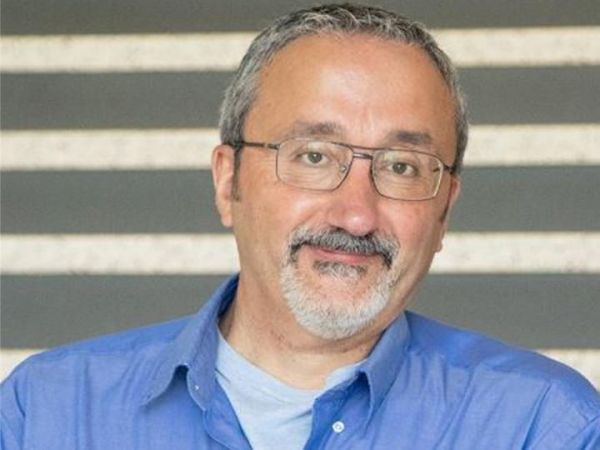University of Houston and Methodist Hospital researchers are reporting in Nature Scientific Reports that the best way to train surgeons is to remove the stress of residency programs and make surgery a hobby. Under relaxed conditions outside a formal educational setting, 15 first-year medical students, who aspired one day to become surgeons, mastered microsurgical suturing and cutting skills in as little as five hour-long sessions.
“It appears that by removing external stress factors associated with the notoriously competitive and harsh lifestyle of surgery residencies, stress levels during inanimate surgical training plummet,” said Ioannis Pavlidis, Eckhard Pfeiffer Professor and director of the Computational Physiology Lab at UH. “In five short sessions these students, approaching surgery for fun or as a hobby, had remarkable progress achieving dexterity levels similar to seasoned surgeons, at least in these drills.” His partners on the project, Anthony Echo and Dmitry Zavlin, surgeons at Houston Methodist Institute for Reconstructive Surgery, gave brief instructions to the students at the beginning of the program.
Once the students began cutting and suturing at their mobile microsurgical simulators, Pavlidis and team tracked their stress levels by measuring sweat responses near the nose via thermal imaging. The students’ performance in the surgical drills was scored by two experts, based on video recordings.
Read more at University of Houston
Image: Ioannis Pavlidis, Eckhard Pfeiffer Professor and director of the Computational Physiology at the University of Houston removed stressful environmental factors, leaving only the inherent challenge of the surgical tasks, and found skills were quickly acquired. (Credit: University of Houston)


